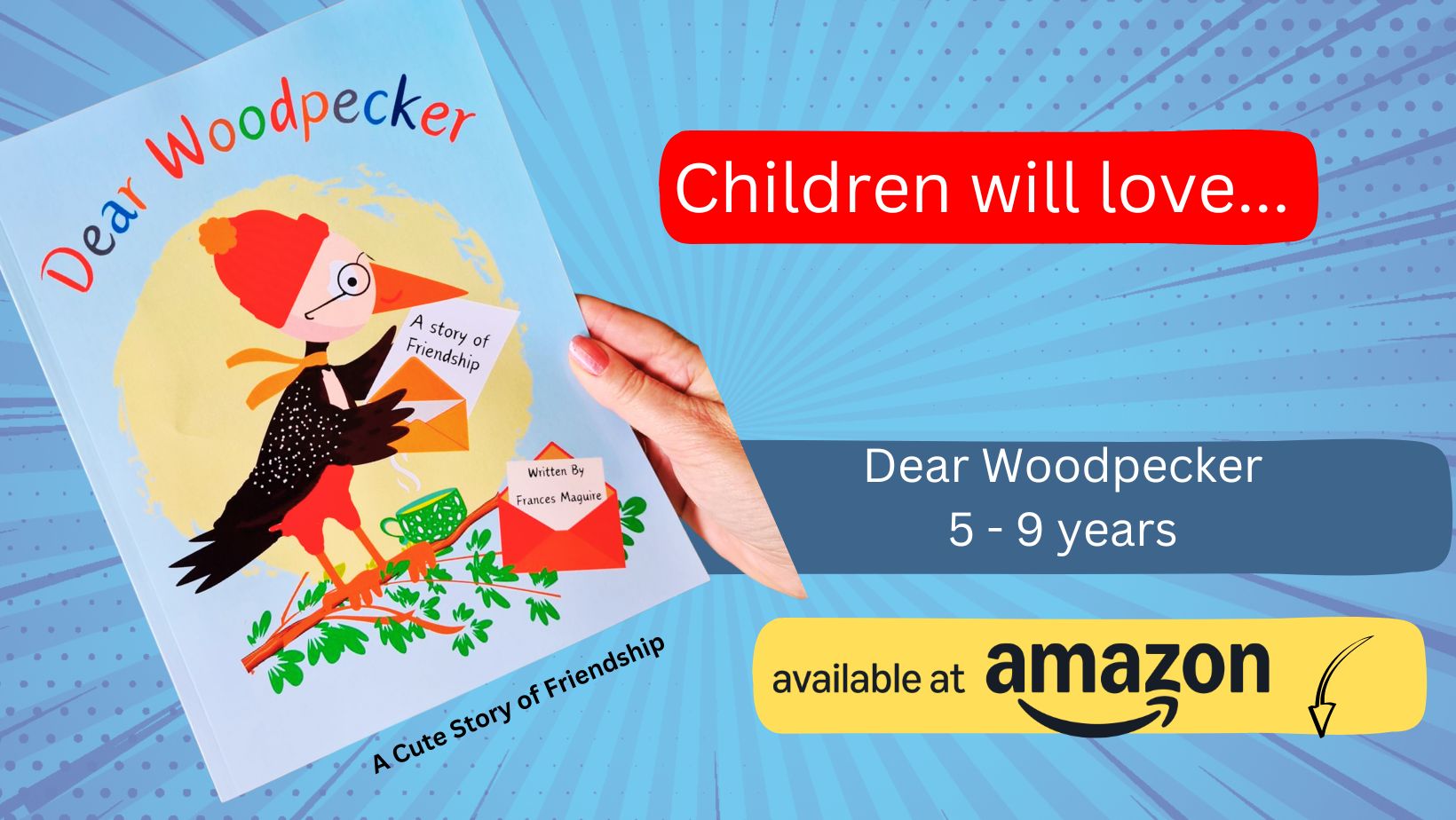
Frances Maguire
Frances has worked in education for 25 years. Specialising in Early Years, she has just completed a Masters in Education at Chichester University. Frances works in Hampshire teaching in Reception and KS1 classes. Frances has also taught adult education Early Years Level 3 courses to the aspiring childcare workforce.

4th December 2023
The Benefits of Reading Aloud To Children. Introduction.
The benefits of reading aloud to children, is something I experienced when my mother read stories to me when I was a child. ‘The Little Corn Dolly’ by Margaret Elliott was my favourite. My mother’s voice, tone, and expression ensured the characters and story came to life, making it engaging and memorable all these years later. Up to the present time, in a world filled with digital distractions and ever-evolving technologies, the benefits of reading aloud to children can be forgotten. However, we should not underestimate the value of reading aloud, because this is a timeless and powerful tradition.
While it is true, that parents can be time poor due to work and other commitments, the benefits of reading aloud to children is valuable as a short activity. With this in mind, setting aside just 5 minutes will still have a positive impact on your child’s development.
Beyond the magical stories and colorful pictures, there’s a special connection between words and young minds.. This connection can shape their literary, cognitive and emotional development. Additionally, reading aloud goes beyond the pages of a book, creating memories and skills that last a lifetime. Below are 6 reasons to read aloud to your child.
The Benefits Of Reading Aloud To Children.
1. QUALITY TIME TOGETHER: Reading together creates a bonding experience between caregivers and children because it fosters positive associations with books and reading, making it a cherished and enjoyable activity. Also, this time builds strong emotional connections and reinforces a love for learning about books and encourages creativity.
2. LANGUAGE DEVELOPMENT: Reading aloud exposes children to a rich vocabulary and varied language structures, helping them develop stronger language skills. While reading you can explain words children don’t understand and ensure they are pronounced correctly.
3. BE SCHOOL READY: Being read aloud to before entering school is linked to academic success. because children who are read to frequently will have a head start in developing literacy skills, which are fundamental for academic achievement. FIND OUT MORE HERE https://www.acc.edu.au/blog/reading-comprehension-student-performance/
4. SOCIAL AND EMOTIONAL DEVELOPMENT: Reading aloud to children provides discussion opportunities. Children can talk about emotions, morals, and social situations present in stories. This will help children understand and express their own feelings, as well as developing empathy and social skills as they relate to the characters which in turn will help them relate to their friends at school.
5. ATTENTION SPAN AND CONCENTRATION: Listening to a story requires children to focus and sustain their attention over a period of time. This will help in the development of concentration skills, which are essential for learning.
6. IMAGINATION AND CREATIVITY: Reading aloud contributes to the development of creative thinking and original ideas and additionally build confidence.
There is no age limit to enjoying having a book read to you. Children and adults like hearing stories which is why audio books are popular. This is a good way to link modern technology to an age old tradition. However, audio books are not a substitute for cuddling up, talking and sharing ideas about the story.
Conclusion.
In today’s fast-paced, technology-driven world, the simple act of reading aloud to children remains a powerful tool for their growth and development. As I reflect on my own memories of my mother reading to me, I realise how these moments shaped not only my imagination but also my emotional and cognitive abilities. Furthermore, reading aloud offers countless benefits, from strengthening bonds and boosting language skills to fostering empathy and creativity. Even though parents may have busy schedules, dedicating just a few minutes each day to reading can have a lifelong impact, helping children grow into thoughtful, literate, and imaginative individuals. Ultimately, the rewards of this timeless tradition are far-reaching, creating cherished memories and laying the foundation for a child’s future success.


